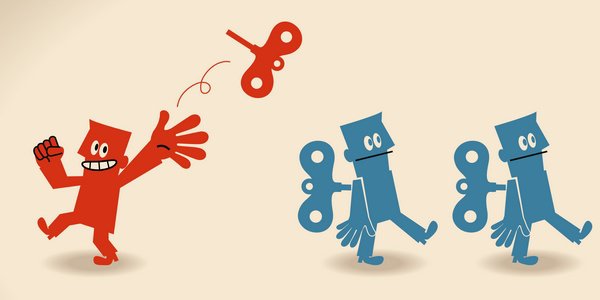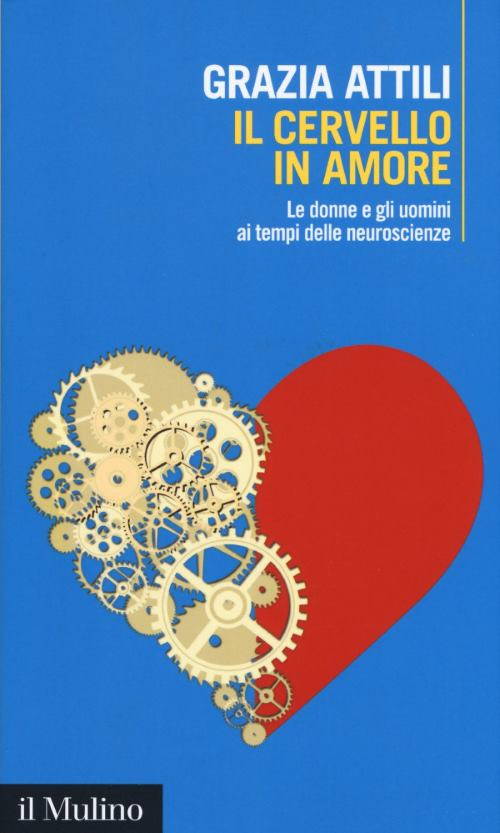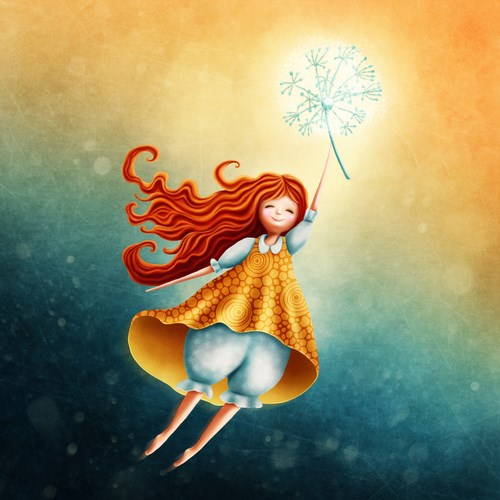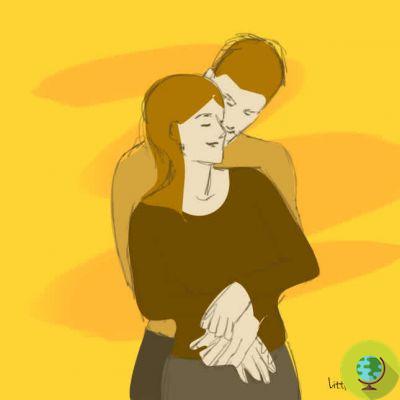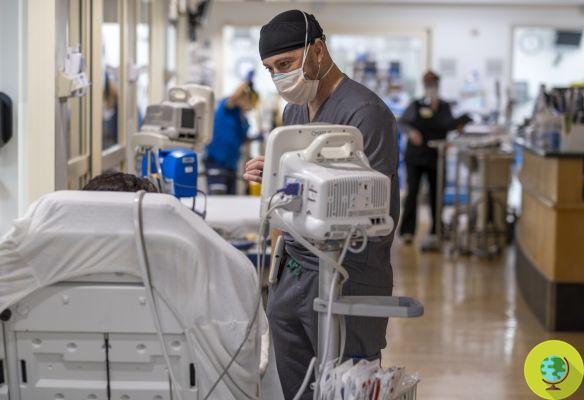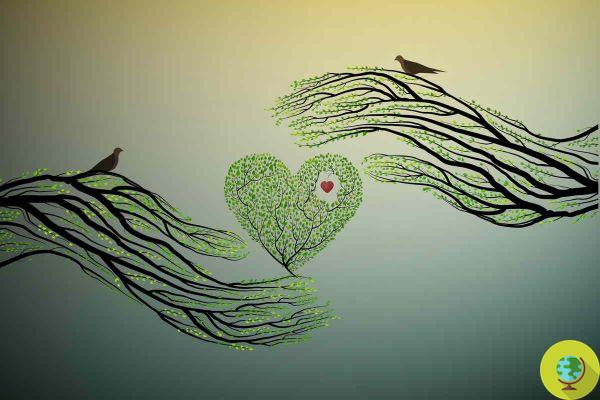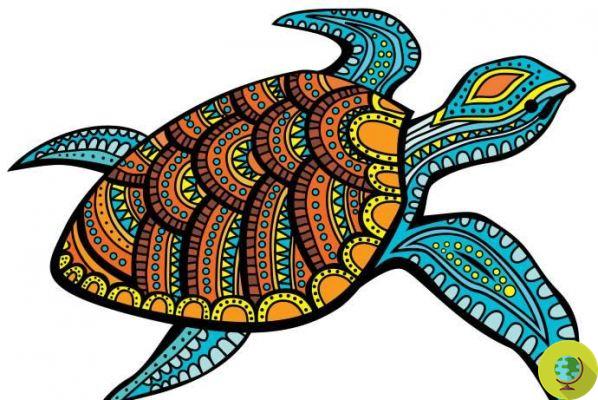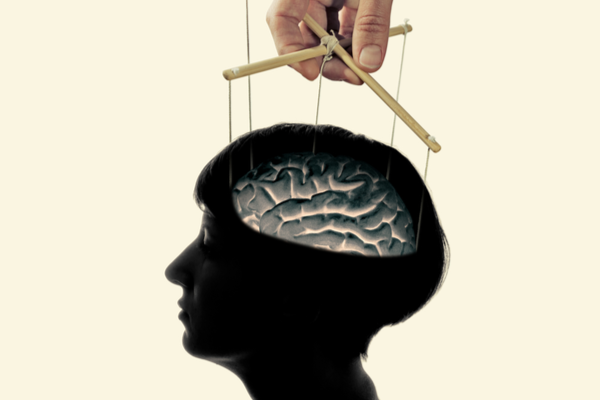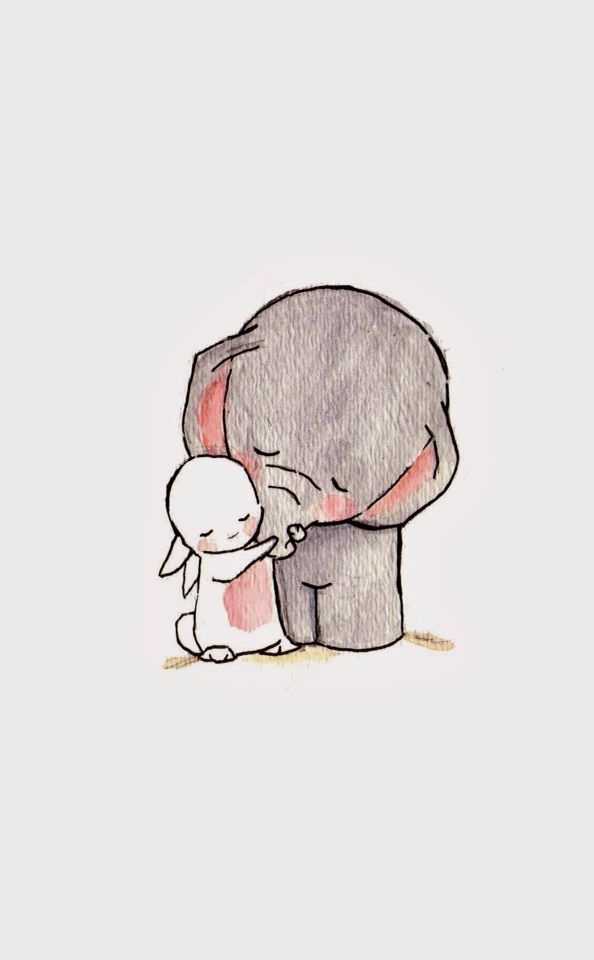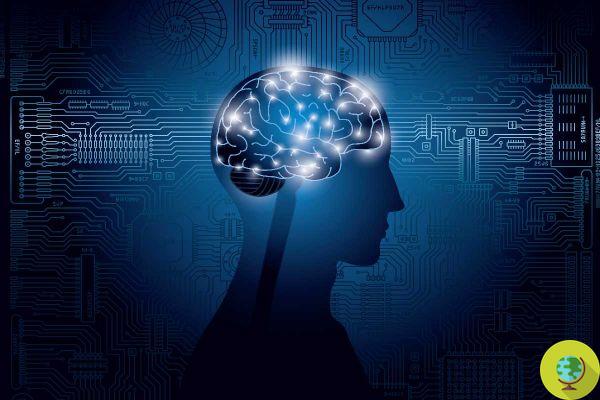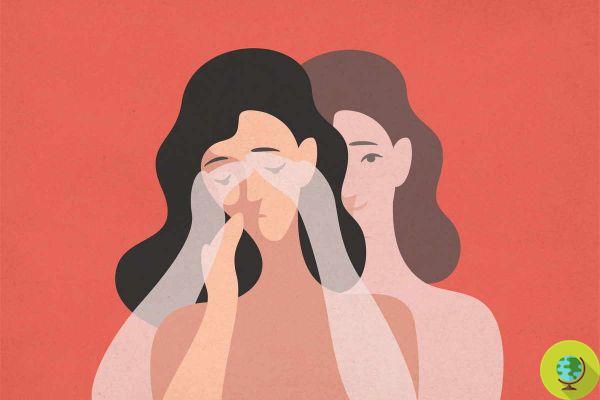
Our relationships are influenced by the type of relationship we had with parents in childhood, several scientific studies confirm this.
Don't store avocado like this: it's dangerousHow we experience love as a couple depends on the type of relationship we have experienced with parents in childhood? Apparently yes, at least this is what numerous studies conducted on the subject reveal.
It was the psychoanalyst, among others, who ascertained this John Bowlby which in its attachment theory, of which he wrote in the main work "Attachment and Loss", highlighted a link between the type of attachment of the child to the mother, or other reference figure, and his way of living intimate relationships as an adult. Mary Ainsworth, Bowlby's collaborator, resumed her studies by elaborating an experiment, the Strange Situation, identifying 4 types of attachment depending on the relationship with the mother in childhood:
- confident style for those who had had a healthy relationship with their mother;
- insecure-avoidant style for those who had had a hostile and cold mother;
- insecure-ambivalent style typical of someone who had had an unpredictable mother;
- disorganized style for those who had had a violent and insensitive mother.
To support a similar theory is Rebecca Bergen, clinical psychologist and co-owner of the Bergen Counseling Center in Chicago, according to whom parents influence, especially in the early years, the way we relate to our partner. In the interview with mydomaine, Bergen states:
“Same-sex parents serve as role models for our behavior and opposite-sex parents are projected into potential partners. This also works the other way around, in the sense that we can look for the opposite of a father who was stoic and uninvolved. Another example, a person may be very sensitive to criticism and frequently argue with partners because their same-sex parent has had difficulty defending himself and has become a "doormat" in the relationship. We tend to want to emulate our parents' relationship when it is perceived as healthy and positive. "
A study conducted by Monica Del Toro and Dr. Teresa Taylor stressed exactly the same thing, pointing out that the kind of attachment children have with their mothers and fathers affects the quality of future attachment in their romantic relationships.
In short, childhood would affect us more than we think!
But how can we raise our children to improve their future relationships?
Certainly there are entire volumes devoted to this topic, so the answer is in many ways. Children learn through observation, education and experience.
In general, try to be a role model for how various feelings are expressed in the right way: love, anger, pain, joy, etc.
Help them to show empathy for others, but also to know how to deal with someone who has hurt their feelings. Love your children unconditionally and express love in multiple ways. Teach them how to learn from mistakes and grow.
You might also like:
- Couple life: the importance of "no" in love
- The signs to understand that you are no longer happy in your relationship
Laura Rose




